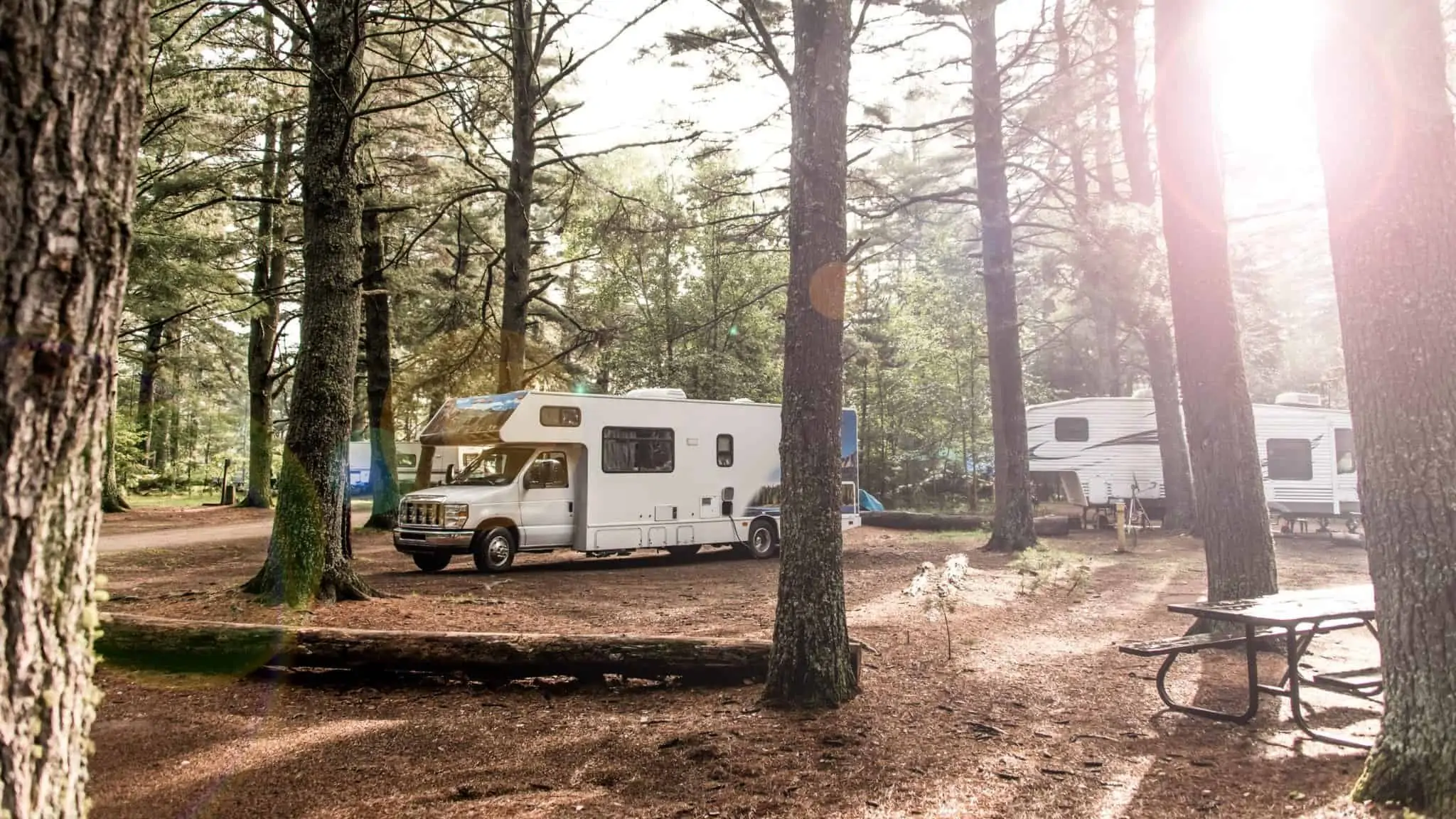The future of Mooretown Campground remains uncertain, but a recent decision by local council has given the site a temporary reprieve.
During a meeting on Monday, the council chose to delay a proposed closure of the campground until the end of the 2025 camping season, citing the need for further analysis and community input.
The Township of St. Clair, which owns the campground, is considering significant infrastructure upgrades, particularly to water and hydro systems, with cost estimates ranging from $1 million to $2 million.
Financial figures presented by municipal staff show that over the past three years, Mooretown Campground has generated $97,962 in revenue and drawn $37,457 from the township’s General Revenue fund for capital and operating expenses.
Although the discussion initially focused on whether to shutter the facility due to the projected costs, a strong turnout from seasonal campers prompted further reflection.
One of the attendees, Brenda D’Angela, addressed council about the personal value of the campground in a report by The Independent.
“We’d stop and talk to people, how do you like it here? And we did explore other campgrounds as well. But the feel was family. It was family. Everybody was close knit. Everybody got along. It was fun. It was just a—it was what we were looking for close to home,” she said.
The conversation around Mooretown offers industry professionals insight into the delicate balance municipalities must maintain between community use and infrastructure investment.
For private campground operators, this case illustrates the importance of both community engagement and long-term planning for capital upgrades.
Additionally, it highlights the financial constraints many publicly-owned facilities face, often operating with tight margins while relying on municipal support for improvements.
Mayor Jeff Agar indicated that new funding mechanisms might be considered, including camper surcharges to help cover infrastructure improvements. “If I was losing my spot and I had a chance to do something like that,” he said, suggesting openness to collaborative solutions with the campground community.
Camper Ethel Symington questioned whether revenue-generation strategies had been adequately explored, especially after the removal of 10 seasonal sites several years ago. Mayor Agar responded that no further options were available at the time.
Councillor Pat Brown ultimately suggested extending the campground’s operation while exploring phased infrastructure improvements. “We could upgrade (hydro and water) section by section…it’s got to be workable,” he said.
The council’s decision to keep Mooretown Campground open for one more year may provide an opportunity for stakeholders to collaborate on a viable path forward—something that could be instructive for other jurisdictions evaluating the sustainability of similar publicly-run facilities.


